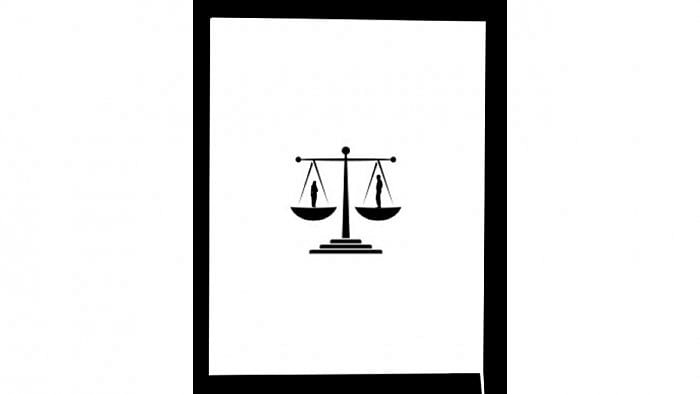
The All-India Muslim Personal Law Board (AIMPLB) has again taken a retrograde position on the need for a uniform civil code (UCC) for the country. In a resolution passed on Sunday at its meeting in Lucknow, the AIMPLB said that the implementation of a UCC is ‘‘neither relevant nor beneficial’’ in a multi-religious, multicultural and multi-lingual country like India. It also said that it would deprive citizens of the privileges provided to them by personal laws and that is against “the spirit of the Constitution”. It is not for the first time that the AIMPLB has opposed the idea of a UCC, and earlier also it has described any move for it as “anti-constitutional and anti-minority”. It is unfortunate that the board has not shown any readiness to reconsider its position. Actually, it is the arguments that it puts forward to justify its position that are wrong and irrelevant.
A uniform civil code for the country is a constitutional ideal. Article 44 of the Constitution calls upon the State to endeavour to put in place a UCC for all citizens. So, it is not right to dub it as an unconstitutional idea. A uniform set of laws is desirable for all communities in civil matters like marriage, divorce, maintenance and inheritance. The government has asked the Law Commission to examine the idea, though this was unnecessary because the Law Commission has examined it in the past. The matter has been raised in the Supreme Court also. Basically, it is for parliament to frame such a code, though the court will have the power to review it. By opposing an idea that gets sanction from the Constitution, the AIMPLB is giving an opportunity to political parties and many other elements to communalise and politicise the idea. The AIMPLB is right to say that it should not be imposed on the minority communities. It is a complex issue that will involve other communities also who are at present following varied practices in civil matters. Consultations are needed before a uniform code is formulated. But opposition to the very idea will make it a political weapon with a target. Instead, it should be treated and worked upon as a constitutional and national goal.
At the Lucknow meeting, the AIMPLB raised a number of other issues, such as the free vent to hate speech against the minorities, use of stringent laws against members of the community, illegal actions like the razing of houses on various pretexts, and the increasing challenge to the Places of Worship Act, 1991. The concern over these issues is right and genuine but that should not be mixed up with the uniform civil code.